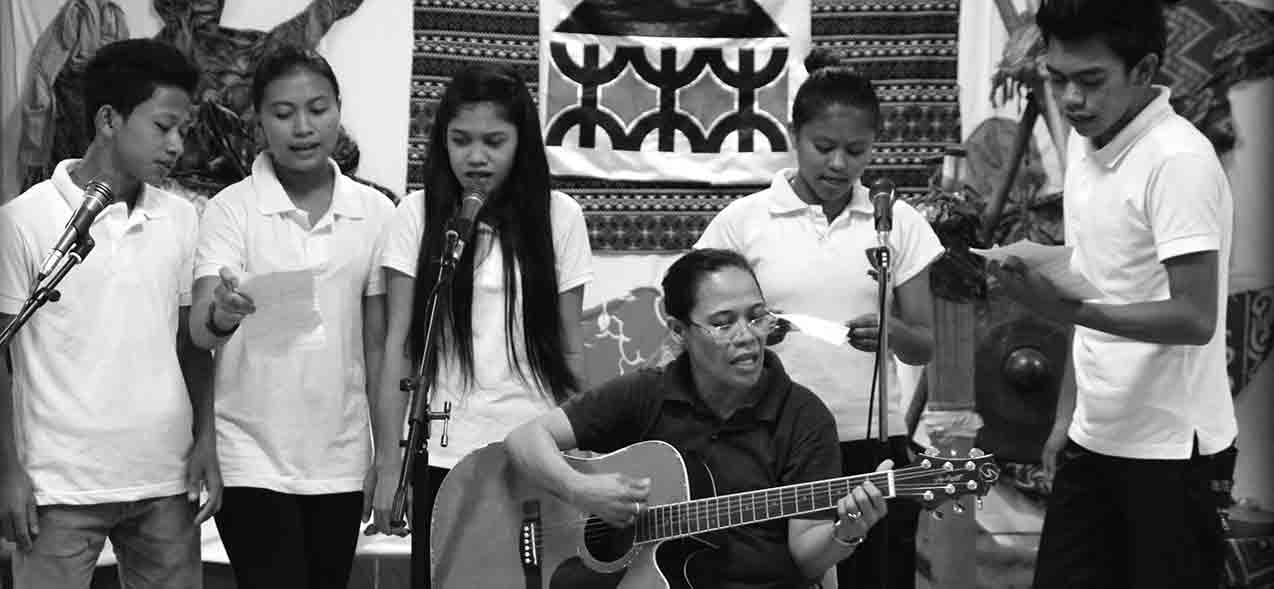The Balay Rehabilitation Center has asked the tough-talking president-apparent Rodrigo Duterte to be mindful of what he says following his proposal to impose death by hanging as a penalty to curtail the rampant criminality in the country. The human rights group also raised grave concern that the ‘shoot-to-kill’ policy of the former Davao Mayor is a threat to the right to life and can open the flood gates for abuse by law enforcers and trigger the disregard for the rule of law.
Duterte said he will ask Congress to restore the death penalty once he is sworn in formally as president on June 30 along with a directive to law enforcers to shoot-to-kill criminals to instill fear to law breakers during a press conference in his temporary headquarters in Davao City.
The imposition of death penalty as a form of capital punishment for heinous crime is prohibited under the 1986 Constitution of the Philippines. The Ramos administration reimposed the execution of convicts as highest form of penalty by virtue of Republic Act No. 7659 in December 1993 to address the rising criminality and incidence of heinous crimes. After putting to death seven convicted criminals by lethal injection in 1999-2000, the Philippines abolished the death penalty in 2006, following stiff opposition from the Catholic Church, the religion of 80 percent of Filipinos.
According to Josephine Lascano, Balay’s Executive Director, what Duterte proposes is a very cruel act of punishment that contravenes the Philippine commitment to international human rights law and the Philippine Constitution which prohibits killing of convicts as capital punishment.
“Mayor Duterte’s tough-stance against criminality may strike a cord among the violence-weary citizens, but it may do his crusade good if he would instead discipline erring and corrupt law enforcers who are known to be conniving with unlawful syndicates and are involved in illegal activities themselves,” the Balay Executive Director said.
“Death penalty, especially by hanging, is a medieval torture technique that has long been rejected by the international community and is prohibited by the highest law of the land. Duterte’s proposal sounds like a backward step from the Philippine commitment to the Convention against Torture that will make his presumptive administration no better than the thugs and criminals that he wants to contain,” Lascano said.
Lascano pointed out that the imposition of death penalty has not been proven to deter criminals from breaking the law, adding that most countries in the world have already banned executions as a form of capital punishment. She cited a report of Amnesty International that says crime figures from countries which have banned the death penalty have not risen and, in some case, have actually gone down. In Canada, the murder rate in 2008 was less than half than in 1976 when the death penalty was abolished there.
She challenged Mayor Duterte to speak strongly against abusive persons in authority and their agents and remind them that he will sanction anyone who will commit acts of torture, extra-legal killing or enforced disappearance in their exercise of law enforcement function.
Before running for the presidency, Duterte has served as mayor of Davao City for more than two decades where he gained a reputation for allegedly encouraging the proliferation of the so called death squads responsible for the extra-legal killing of suspected criminals, including minors.
She noted that the poor are mostly driven to criminal activities due to lack of better economic opportunities. Killing offenders will only perpetuate a culture of violence in our land while the corrupt public officials and exploitative oligarchs get to play around the costly, sluggish, and elite-dominated justice system.
























